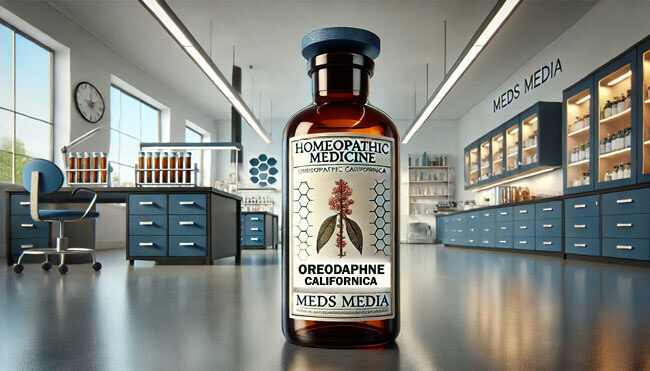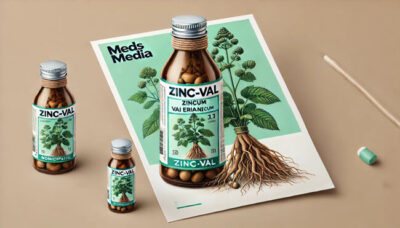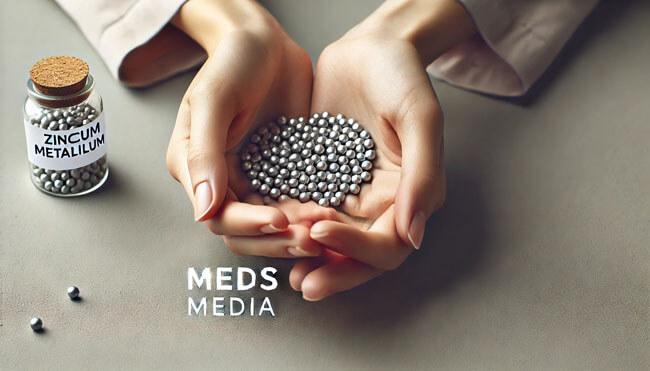
Zincum Metallicum ( ZINC ) Homeopathic Uses & Treatment Insights
Zincum Metallicum, a remedy derived from zinc, presents a fascinating and diverse profile within homeopathy. The provings of Zincum Metallicum paint a picture of cerebral depression, where the body’s tissues wear out faster than they are repaired. It’s particularly noted for its impact on the nervous system, defective vitality, and potential for brain paralysis. Understanding this remedy involves exploring its effects on various parts of the body and its applications in treating numerous conditions.
Key Characteristics and General Effects
Zincum Metallicum is known for its association with cerebral depression and spinal affections. The word “fag” is often used to describe the state induced by this remedy, indicating fatigue and weariness. It is frequently used in cases where there is poisoning from suppressed eruptions or discharges, leading to nervous symptoms and defective vitality.
Nervous System
The nervous symptoms are of paramount importance in Zincum Metallicum’s profile. These include trembling, convulsive twitching, and restless feet, particularly evident in chronic diseases affecting the brain and spine. There is also a notable decrease in red blood cells, leading to marked anemia and profound prostration.
Detailed Breakdown of Symptoms and Applications
Mind and Emotions
- Weak Memory: Patients may experience a significant decline in memory retention.
- Sensitivity to Noise: There is an increased sensitivity to external stimuli, particularly noise.
- Aversive Behavior: There is a strong dislike or avoidance of both work and verbal communication.
- Repetitive Speech: Children might repetitively say everything that is told to them.
- Melancholia: A state of deep sadness or depression is common.
- Paresis: There is a condition of partial paralysis or weakness in the muscles.
- Fears Arrest on Account of a Supposed Crime: The individual harbors anxiety or apprehension about being arrested due to an imagined or perceived offense.
- Lethargic, Stupid: The person is characterized by a lack of energy and appears slow-witted.
Head
- Vertigo: Feels as if He Would Fall to the Left Side: Sensation of instability or the inclination to fall towards the left side.
- Headache: Particularly from small quantities of wine or in overtaxed children.
- Hydrocephalus: A medical condition characterized by an abnormal accumulation of cerebrospinal fluid within the brain.
- Rolls Head from Side to Side: The individual engages in a repetitive side-to-side movement of the head.
- Bores Head into the Pillow: The person exhibits a tendency to press or bury their head into the pillow.
- Occipital Pain, with Weight on Vertex: Pain located at the back of the head (occiput), often accompanied by a sensation of heaviness on the crown of the head (vertex).
- Automatic Motion of Head and Hands: Involuntary or reflexive movements of the head and hands.
- Brain-fag; Headaches of Overtaxed School Children: Mental fatigue and headaches associated with the overexertion of school children.
- Forehead Cool; Base of Brain Hot: A condition where the forehead feels cool while there is a sensation of warmth or heat at the base of the brain.
- Roaring in Head: Auditory perception of a loud, continuous sound within the head.
- Starting in Fright: Experiencing sudden movements or reactions as a result of being startled or frightened.
Eyes
- Pterygium; Smarting, Lachrymation, Itching: Presence of a pterygium, a growth on the eye’s surface, accompanied by a smarting sensation, excessive tearing, and itching.
- Ptosis: Drooping of the upper eyelid.
- Pressure as if Pressed into the Head: Sensation of pressure in the eyes as if they are being pressed into the head.
- Itching and Soreness of Lids and Inner Angles: The lids and inner corners of the eyes experience itching and soreness.
- Rolling of Eyes: Involuntary or deliberate movement of the eyes in a circular motion.
- Blurring of One-half of Vision; Worse with Stimulants: Visual impairment with blurred vision affecting one-half of the visual field, exacerbated by stimulant use.
- Squinting: Inclination to partially close the eyes to improve focus or reduce light exposure.
- Amaurosis, with Severe Headache: Blindness or visual impairment accompanied by an intense headache.
- Red and Inflamed Conjunctiva; Worse at Inner Canthus: Inflammation and redness of the conjunctiva, particularly pronounced at the inner corner of the eye (inner canthus).
Ears
- Tearing, Stitches, and External Swelling: Experiencing sensations of tearing or sharp stitches in the ears, accompanied by external swelling.
- Discharge of Fetid Pus: The ears produce a discharge of foul-smelling pus, indicating an infection or inflammation in the ear canal.
Nose
- Sore Feeling High Up; Pressure Upon the Root: Sensation of soreness located high up in the nose, accompanied by pressure on the nasal root.
Face
- Pale Lips, and Corners of Mouth Cracked: The lips appear pale, and there are cracks at the corners of the mouth.
- Redness and Itching Eruption on Chin: Presence of a red and itchy skin eruption specifically located on the chin.
- Tearing in Facial Bones: Experiencing a sensation of tearing or sharp pain in the bones of the face.
Mouth
- Teeth Loose: The condition where teeth are not firmly in place and may move or wobble..
- Gnashing of Teeth: Involuntary or forceful grinding or clenching of the teeth. Especially during sleep or seizures.
- Gums Bleed: The gums experience bleeding, possibly during activities like brushing or eating.
- Bloody Taste: Sensation of a taste resembling blood in the mouth.
- Blisters on Tongue: Presence of fluid-filled lesions on the tongue.
- Difficult Dentition: Challenges and discomfort during the process of teething, particularly in a child who is weak and exhibits cold and restless feet.
Throat
- Rawness and Dryness in Throat and Larynx: The throat experiences dryness, accompanied by a persistent urge to clear or cough up thick, sticky mucus. The throat and the voice box (larynx) feel irritated, sore.
- Pain in Muscles of Throat When Swallowing: Discomfort or pain is felt in the muscles of the throat during the act of swallowing.
Stomach
- Hiccough, Nausea, Vomiting of Bitter Mucus: Experiencing hiccough, a feeling of nausea, and the expulsion of bitter mucus through vomiting.
- Burning in Stomach, Heartburn from Sweet Things: Sensation of burning in the stomach, especially accompanied by heartburn triggered by the consumption of sweet foods.
- Cannot Stand the Smallest Quantity of Wine: Intolerance to even a small amount of wine, leading to discomfort or adverse reactions.
- Ravenous Hunger about 11 am: Experiencing an intense and insatiable hunger around 11 am.
- Great Greediness When Eating; Cannot Eat Fast Enough: Displaying a voracious appetite and a strong desire to eat quickly, as if unable to satisfy the hunger fast enough.
- Atonic Dyspepsia, Feeling as if the Stomach Were Collapsed: A sense of weak or lacking digestive function, with a feeling as if the stomach is collapsed or lacking tone.
Abdomen
- Pain and Distention: Pain after light meals, with symptoms like tympanitis and flatulent colic.
- Pain in Spot Beneath the Navel: Discomfort or pain localized to a specific area beneath the navel.
- Gurgling and Gripping; Distended: Audible gurgling sounds and gripping sensations in the abdomen, accompanied by distension.
- Flatulent Colic, with Retraction of the Abdomen (Plumbum): Suffering from colicky pain caused by gas, with a noticeable pulling back or retraction of the abdominal wall (associated with Plumbum).
- Enlarged, Indurated Sore Liver: The liver is swollen, hardened, and sensitive to touch.
- Reflex Symptoms from Floating Kidney: Manifestation of symptoms, possibly pain or discomfort, due to a floating kidney.
- Griping After Eating: Experiencing sharp, spasmodic pains in the abdomen after consuming food.
Urine
- Involuntary Urination When Walking, Coughing, or Sneezing: The occurrence of uncontrolled or involuntary urination while walking or during episodes of coughing or sneezing.
- Can Only Void Urine When Sitting Bent Backwards: The ability to pass urine is limited to the posture of sitting while bent backward.
- Hysterical Retention: Retention of urine due to a hysterical or emotionally induced condition.
Rectum
- Constipation: Constipated Stool: Passage of firm, Hard, Small, and difficult-to-expel stools.
- Cholera Infantum: with Tenesmusm, Green Mucous Discharges, Cholera-like symptoms in infants, including a straining sensation during bowel movements (tenesmus) and the expulsion of green, mucous-like discharges.
- Sudden Cessation of Diarrhea, Followed by Cerebral Symptoms: Abrupt stoppage of diarrhea, succeeded by symptoms affecting the brain or cerebral functions.
Male Reproductive System
- Swelled Testicles: Enlargement and elevation of the testicles, possibly due to inflammation or other conditions.
- Violent Erections: Experiencing strong and forceful penile erections.
- Hypochondriasis: Release of semen during periods of excessive worry or anxiety related to one’s health (hypochondriasis).
- Falling Off of Hair (Pubic): Loss of hair, specifically in the pubic region.
- Drawing in Testicles up to the Spermatic Cord: Contraction or retraction of the testicles, extending up to the spermatic cord.
Female
- Ovarian Pain Especially left side: Experiencing pain in the ovaries, particularly on the left side, accompanied by an inability to remain still. (Associated with Viburnum)
- Nymphomania of Lying-in Women: Heightened or excessive sexual desire in women during the postpartum period or lying-in phase.
- Menstrual Too Late & Irregularities: Menstrual flow delayed or absent, and postpartum discharge (lochia) suppressed. (Associated with Pulsatilla)
- Painful Breasts: Experiencing pain or discomfort in the breasts.
- Sore Nipples: Nipple tenderness or pain.
- Menses Flow More at Night: Menstrual bleeding is more pronounced during the nighttime. (Associated with Bovista)
- Complaints All Better During Menstrual: Relief from symptoms occurs specifically during the menstrual flow. (Associated with Eupion and Lachesis)
Respiratory System
- Burning Pressure: Feeling of burning and pressure beneath the breastbone or sternum.
- Asthmatic Bronchitis with Constriction and Cutting in the Chest: Inflammation of the bronchi with symptoms resembling asthma, accompanied by a feeling of tightness or constriction in the chest.
- Hoarseness: Abnormal roughness or harshness in the voice.
- Debilitating, Spasmodic Cough; Worse When Eating Sweet Things: A cough that is weakening and spasmodic, particularly aggravated by the consumption of sweet foods.
- Child Grasps Genitals During Cough: A child exhibits a tendency to hold or grasp their genitals while coughing.
- Dyspnea Better as Soon as Expectoration Appears: Shortness of breath improves immediately upon the appearance of expectoration (coughing up mucus).
Back
- Pain in the Small of the Back: Experiencing pain in the lower part of the back.
- Cannot Bear the Back Touched: Intolerance or extreme sensitivity to touch on the back. (Associated with Sulphur, Theridion, Cinchona)
- Tension and Stinging Between the Shoulders: Feeling of tightness and a stinging sensation located between the shoulder blades.
- Spinal Irritation: Inflammation or irritation of the spinal cord.
- Dull Aching: Experiencing a persistent, throbbing ache around the last dorsal or first lumbar vertebra, aggravated by sitting.
- Burning Along the Spine: Sensation of burning extending along the length of the spine.
- Nape of the Neck Weary from Writing or Any Exertion: Fatigue or weariness in the nape of the neck, particularly after writing or engaging in any form of physical exertion.
- Tearing in the Shoulder Blades: Sharp, tearing pain in the area between the shoulder blades.
Extremities
- Lameness, Weakness, Trembling, and Twitching of Various Muscles: Experiencing a combination of reduced mobility, lack of strength, trembling, and involuntary muscle contractions in different muscle groups.
- Chilblains: The presence of chilblains, a condition characterized by inflammation and irritation of small blood vessels in response to cold exposure. (Associated with Agaricus)
- Feet in Continued Motion; Cannot Keep Still: The feet are constantly in motion, and there is an inability to remain still.
- Large Varicose Veins on Legs: Enlarged, twisted veins on the legs.
- Sweaty: Experiencing excessive sweating.
- Convulsions, with Pale Face: Seizures or spasms accompanied by a pale facial complexion.
- Transverse Pains, Especially in the Upper Extremity: Crosswise or transverse pains, particularly affecting the upper extremities.
- Soles of Feet Sensitive: Sensitivity or tenderness in the soles of the feet.
- Steps with the Entire Sole of the Foot on the Floor: Walking by placing the entire sole of the foot on the ground during each step.
Sleep
Disturbed Sleep
- Cries Out During Sleep; Body Jerks; Wakes Frightened, Stared: The individual vocalizes, experiences body jerks, and wakes up frightened with a startled expression during sleep.
- Nervous Motion of Feet When Asleep: The feet exhibit restless or fidgety movements during sleep due to nervousness.
- Loud Screaming Out at Night in Sleep Without Being Aware of It: The person utters loud screams during the night while asleep, without being conscious of the vocalization.
- Somnambulism: Sleepwalking, a condition in which the person engages in activities like walking while still asleep. (Associated with Kali Phos)
Skin
- Eczema and Itching: Especially in anemic and neurotic individuals.
- Varicose Veins: Enlarged, twisted veins, particularly affecting the lower extremities. (Associated with Pulsatilla)
- Formication of Feet and Legs as From Bugs Crawling Over the Skin, Preventing Sleep: Sensation of tingling or crawling, similar to the feeling of bugs moving on the skin, particularly in the feet and legs, leading to sleep disturbance.
- Eczema, Especially in the Anemic and Neurotic: Inflammation of the skin, particularly eczema, observed in individuals who are anemic and neurotic.
- Itching of Thighs and Hollow of Knees: Experiencing an itching sensation in the thighs and the concave area behind the knees.
- Retrocession of Eruptions: The sudden withdrawal or disappearance of skin eruptions.
Fever
- Frequent, Febrile Shiverings Down the Backs: Regular episodes of fever-induced shivering or trembling, typically descending along the back.
- Cold Extremities: The limbs, especially the hands and feet, feel cold.
- Night Sweats: Experiencing excessive sweating during the night, often disrupting sleep.
- Profuse Sweat on Feet: Excessive sweating specifically observed on the feet.
Modalities
- Worse: During menstrual periods, from touch, between 5 to 7 pm, after dinner, and from wine.
- Better: While eating, from discharges, and with the appearance of eruptions.
Relationship:
Comparative Remedies:
Zincum Metallicum is often compared with other remedies such as Agaricus, Ignatia, Plumbum, Argentum, Pulsatilla, Helleborus and Tuberculinum.
Inimical: It has specific antagonistic relationships with remedies like Nux Vomica and Chamomilla, and similarities in amelioration by secretions with Lachesis and Stannum.
Antidotes: Camph., Hep., Ign., Wine.,
Remedies that follows well: Hep., Ign., puls., Sep., Sulph.
Usage and Dosage
Zincum Metallicum is generally prescribed in potencies ranging from the 2nd to the 6th. The dosage and frequency depend on the specific symptoms and the individual’s overall health condition. Homeopaths often tailor the treatment plan to ensure the best therapeutic outcome.
Disclaimer:
This information is for educational purposes only and is not a substitute for professional medical advice, diagnosis, or treatment. Always consult your physician or a qualified healthcare provider regarding any medical condition. Use homeopathic remedies under the guidance of a certified practitioner.
Select Your Homeopathic Medicine Dose and Potency
Potency Selection Guide
Relationship of Remedies
Zincum Metallicum Personality
Why our homeopathy guides are different
We break down classical homeopathic ideas, remedy personalities, and prescribing tips into clear explanations so students and patients can follow along without jargon.
This homeopathy site is for study and education only. For any health concern, always work with a qualified doctor or registered homeopathic practitioner.
Similar Posts You may also like

NITRO MURIATICUM ACIDUM HOMEOPATHIC MATERIA MEDICA | Uses, Symptoms & Benefits Guide
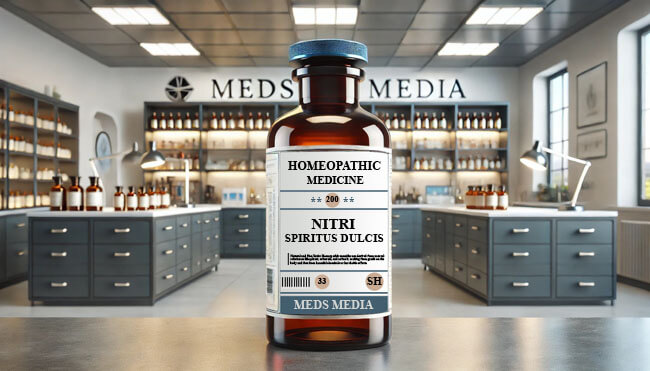
NITRI SPIRITUS DULCIS HOMEOPATHIC MATERIA MEDICA | Uses, Symptoms & Benefits Guide
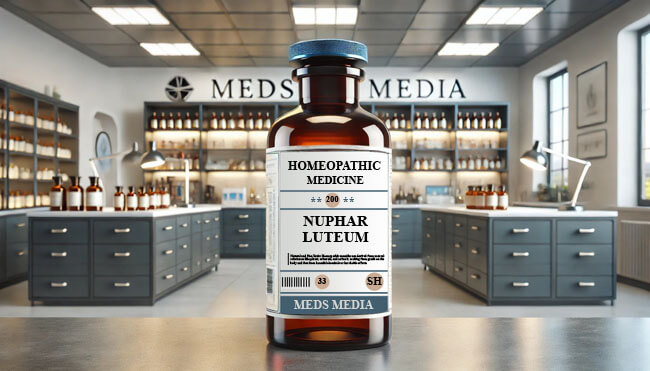
NUPHAR LUTEUM HOMEOPATHIC MATERIA MEDICA | Uses, Symptoms & Benefits Guide
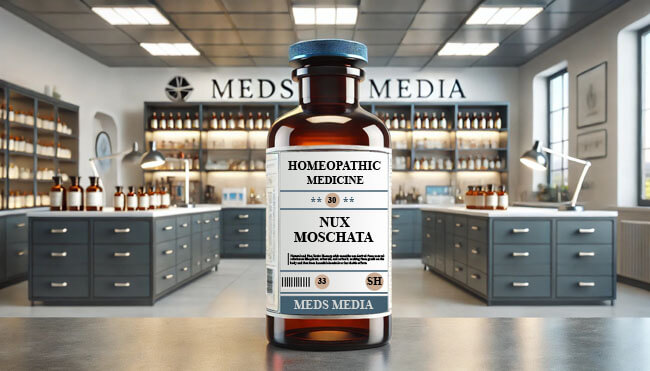
NUX MOSCHATA HOMEOPATHIC MATERIA MEDICA | Uses, Symptoms & Benefits Guide
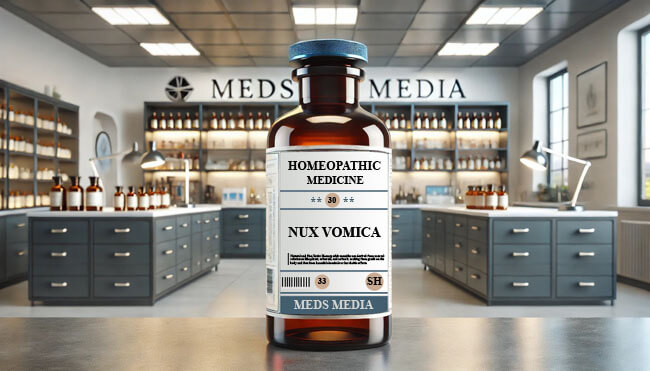
NUX VOMICA HOMEOPATHIC MATERIA MEDICA | Uses, Symptoms & Benefits Guide
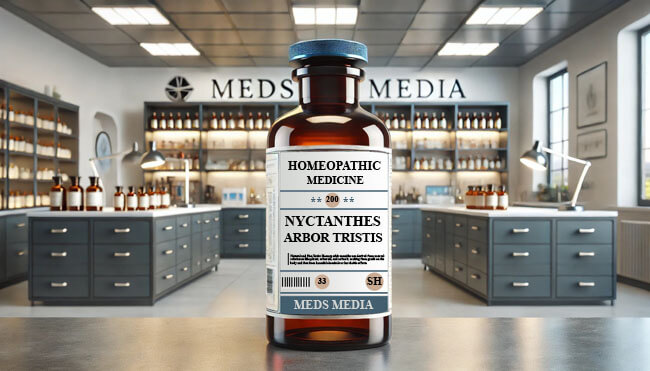
NYCTANTHES ARBOR TRISTIS HOMEOPATHIC MATERIA MEDICA | Uses, Symptoms & Benefits Guide
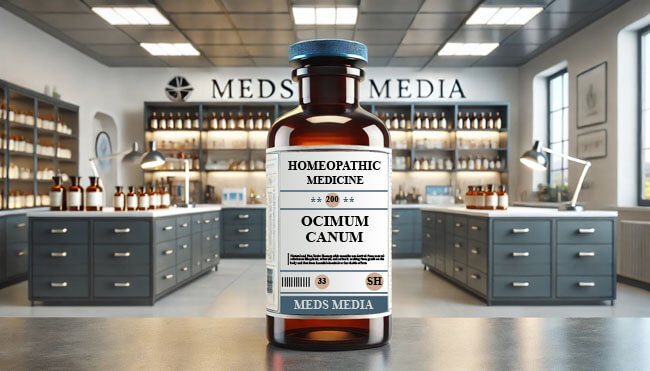
OCIMUM CANUM HOMEOPATHIC MATERIA MEDICA | Uses, Symptoms & Benefits Guide
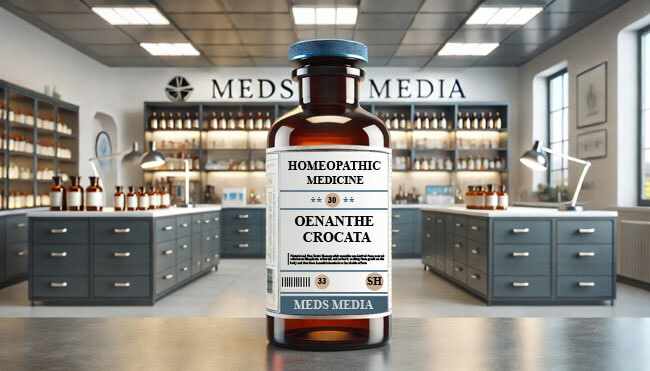
OENANTHE CROCATA HOMEOPATHIC MATERIA MEDICA | Uses, Symptoms & Benefits Guide
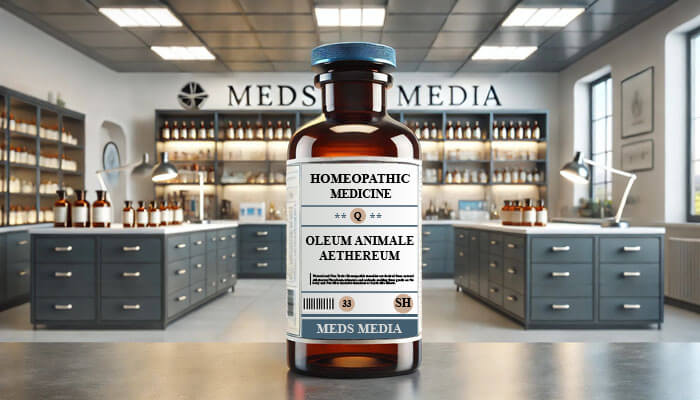
OLEUM ANIMALE AETHEREUM: HOMEOPATHIC MATERIA MEDICA – Symptoms Guide
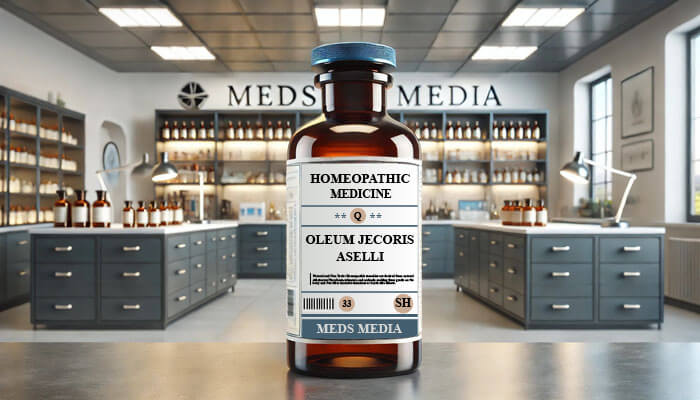
OLEUM JECORIS ASELLI: HOMEOPATHIC MATERIA MEDICA – Symptoms Guide
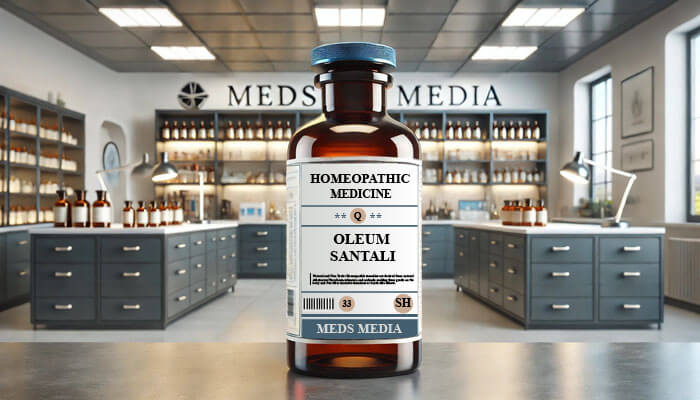
OLEUM SANTALI: HOMEOPATHIC MATERIA MEDICA – Symptoms Guide
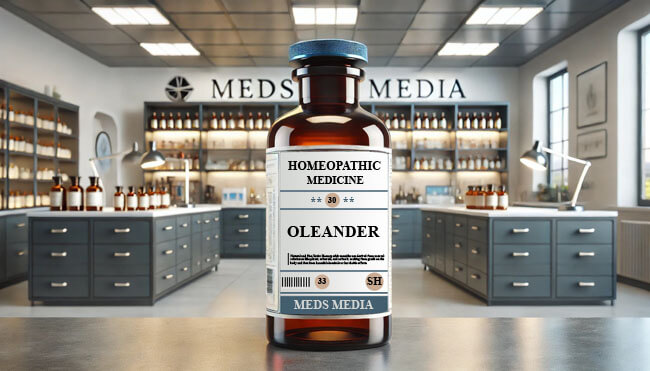
OLEANDER: HOMEOPATHIC MATERIA MEDICA – Symptoms Guide
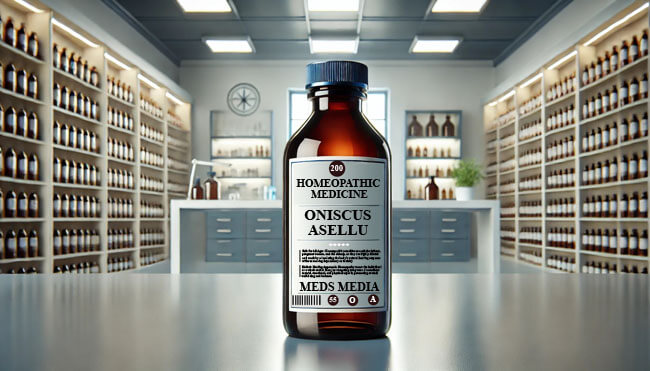
ONISCUS ASELLU: HOMEOPATHIC MATERIA MEDICA – Symptoms Guide

ONOSMODIUM VIRGINIANUM: HOMEOPATHIC MATERIA MEDICA – Symptoms Guide
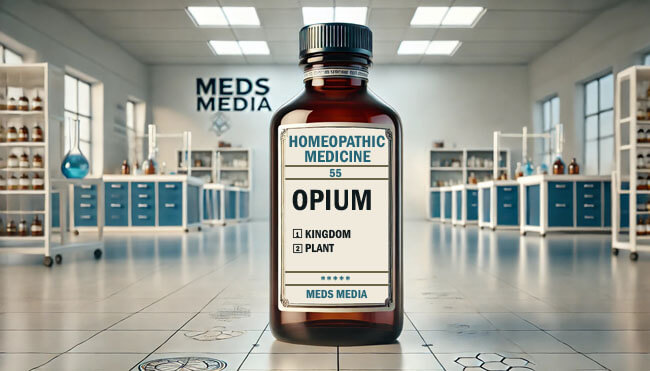
OPIUM: HOMEOPATHIC MATERIA MEDICA – Symptoms Guide
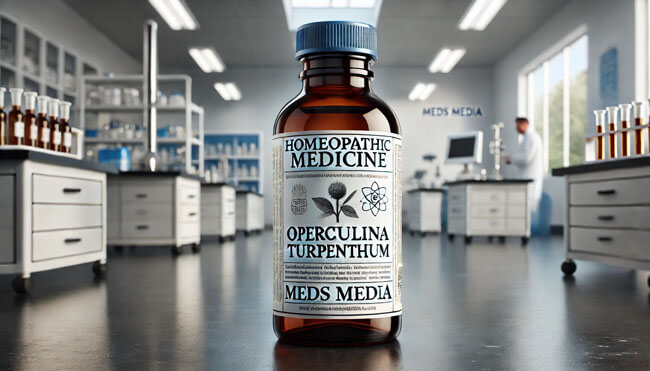
OPERCULINA TURPENTHUM: HOMEOPATHIC MATERIA MEDICA – Symptoms Guide

OPUNTIA FICUS: HOMEOPATHIC MATERIA MEDICA – Symptoms Guide
